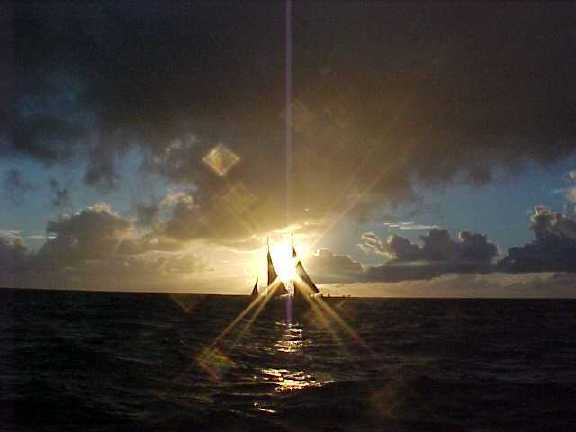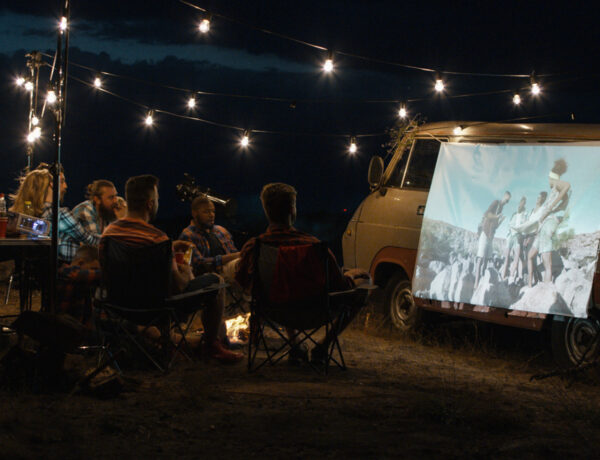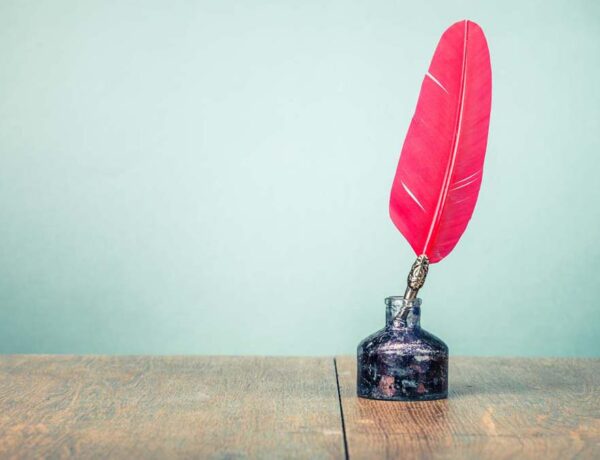Originally published July 9, 2016
The Wayfinders: Why Ancient Wisdom Matters in the Modern World. By Wade Davis. $16
This was a book that has been on my “someday” list for quite some time. Written by an anthropologist, this group of lectures is structured using a wealth of information Dr. Davis has accumulated over a lifetime of travels to distant corners of the globe. His travels have been funded by such organizations as the National Geographic Society and the Harvard Botanical Museum. Don’t let the term “lectures” scare you off. Davis is a story-teller.
The presentation of this book genuinely touches me for a number of reasons. Davis does not attempt to throw away our technological advances. He does not suggest that we should return to some simpler time to unlearn the advances of the last several centuries. What he does call on us to do is respect the past, and to learn from its wisdom.

[photo credit from the Hawaiian Voyaging Traditions page]
Long before we had compasses, GPS, and automated navigation systems, the Polynesians settled the South Pacific reaches under the guidance of Wayfinders. They were highly esteemed navigators. In Hawaii, the ancient practices are being recaptured. Hawaii’s Hokule’a has sailed since 1975 and has made its way all over the South Pacific using the same navigation methods that settled the area—finding the way. The ancient explorers worked with their environment and learned the currents and the winds. They learned which birds flew how far from land. How to read the clouds and the paths of the fish. How to feel the very waves. In the ancient tradition, Wayfinders did not sail to find land; they called the land up from the sea.
Davis covers other ancient cultures, some of which have only recently been introduced to modern life. Each culture discussed in this book has found a time-honored way to live within the ecosystem that was home. Each culture has found a way of give and take with limited resources. Each honors the earth on which we live as the source of life and a treasure to be preserved.
I was taken by the story of the Penan of Borneo. On a visit to Canada to gain support against the clear cutting of their ancestral forest, they were exposed to the homeless of cities in British Columbia. To people who lived in a culture that would be considered impoverished by almost any Western standard, they could not understand why the inhabitants did not share. Their culture was built on the concept that everything must be shared—always. How, then, could there be homeless, hungry, people? Sharing is how the entire community learned to survive.
Davis was part of the expedition to research the cultivation and use of coca in South America. In the tribal areas, coca is a central part of the culture. It is also a source of protein to a people who have few other sources. Used in the manner developed in ancient rituals, they do not get addicted. The wide spread use of the plant for a number of applications is what gave modern governments the leverage to “take care” of the poor, drugged, Indians. It was the modern perversion of the plant that has caused so much heartache in modern society—not the former highly ritualized use developed through centuries of cultural stability.
From the Amazon to the Arctic, from Borneo to Australia and the South Pacific, Davis tells the story of ancient peoples and their time-honed methods of surviving in their home. He also tells the story of the impact of modern intrusion. His thesis is not that we should abandon our hard-won knowledge; what he does suggest is that we incorporate the wisdom of older cultures into our application of that technology. These cultures, the ones that survived, understood that life is a cycle. In order to receive from earth, we must return to earth. It is critical that we protect our heritage and re-learn the lessons we thought so trivial.
It’s a small book, and well worth the read. You may find yourself far more committed to preserving the life support system on our tiny piece of rock, hanging in a vast universe with no friends in sight. For me, Davis grasps the sentiment of my poem and asks that we not stop learning; but that we protect our heritage and preserve its wisdom in the process.
Is it something that we’ve left behind,
Or something that we’ve yet to find,
That keeps each one forever hoping,
To reach that thing for which we’re groping?
© 1988


No Comments